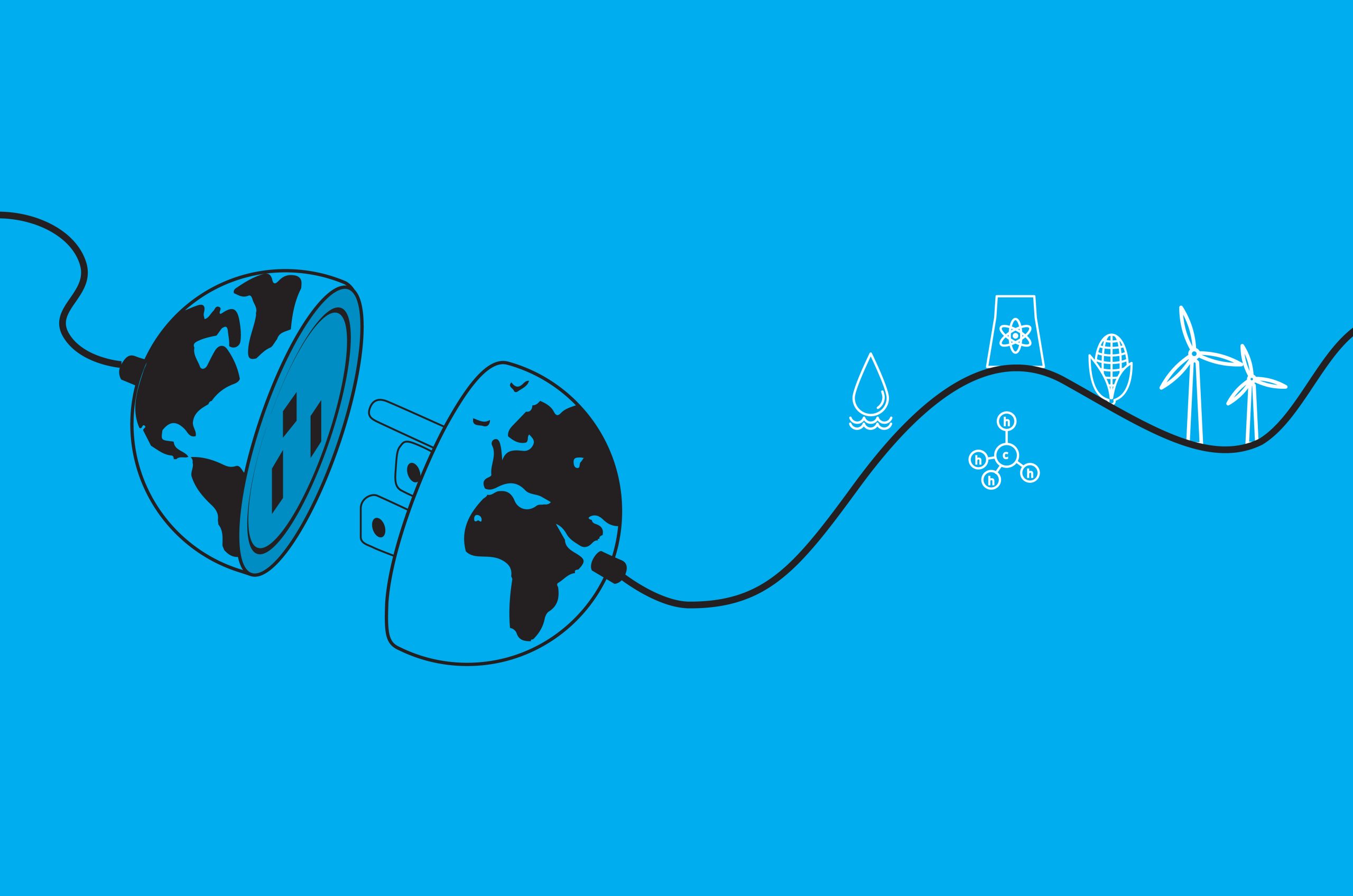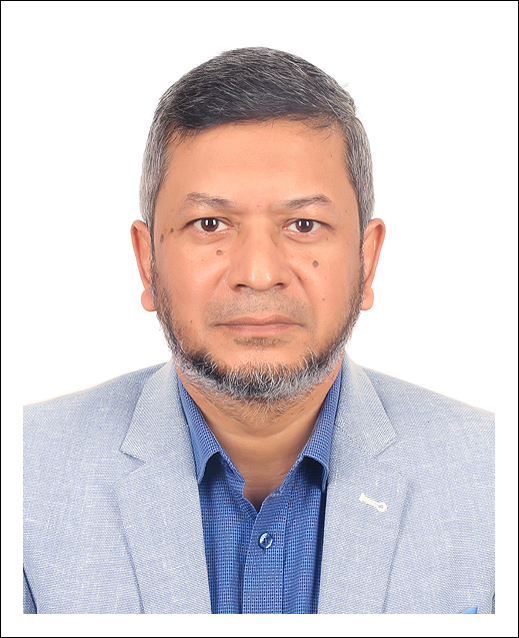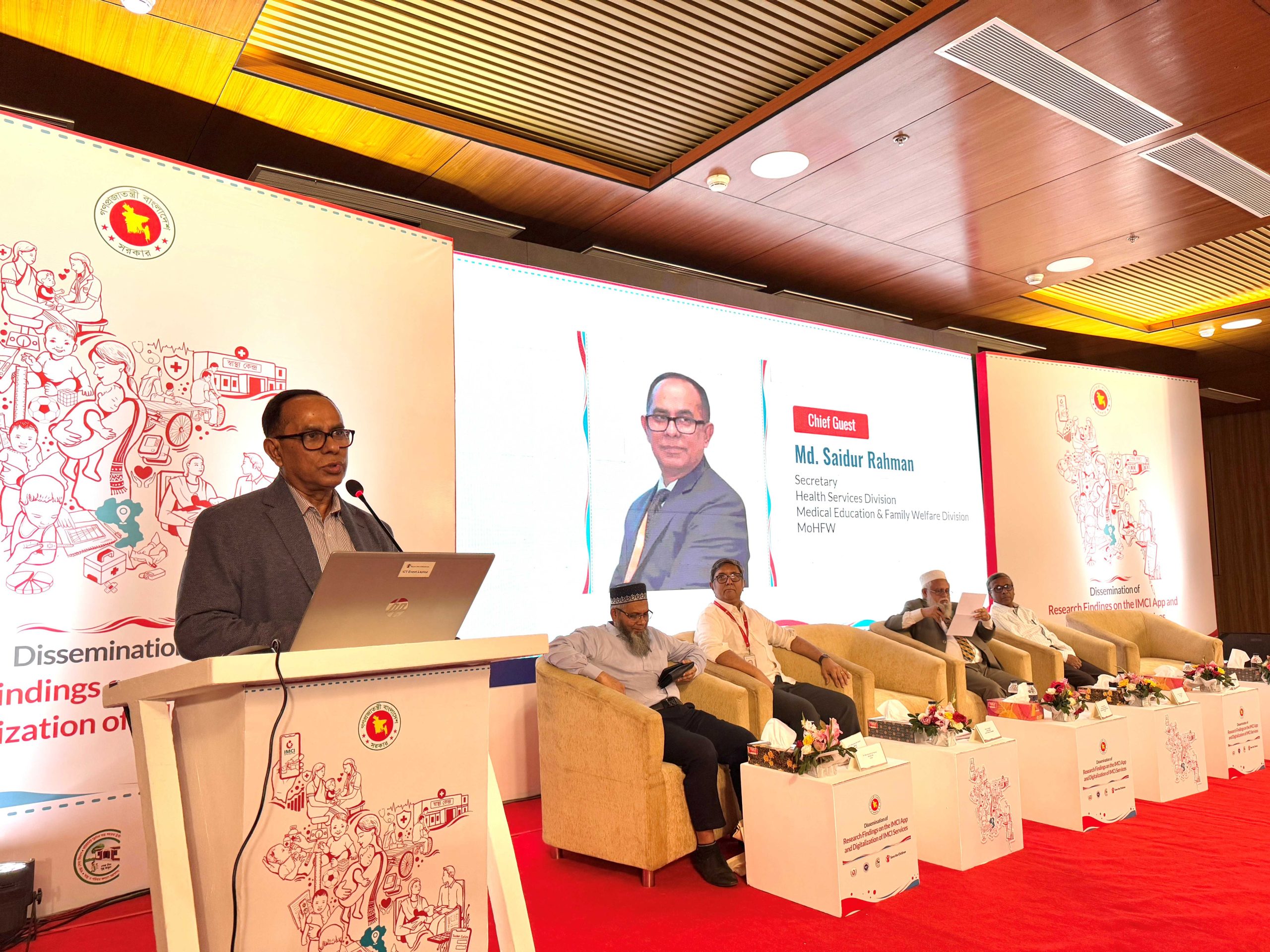An overview of a course on the energy sector, the oil and gas market, and their geopolitical implications.
Energy issues have always been important in international relations, but in recent years may have become even more important due to widespread awareness of existing limits to energy sources and negative climate impacts. The course, Politics and Economics of International Energy, explores the increasing relevance of energy in international relations, covering global energy trends, oil reserves, natural gas, renewables, nuclear energy, and EU energy policy. It aims to equip students with the knowledge to understand the political impact of energy developments and to provide technical students with a broader global perspective on energy issues.
MODULE 1: INTRODUCTION TO GLOBAL ENERGY TRENDS AND SCENARIOS
This module gives a general introduction to global energy consumption, explaining the current scenario. The concept of energy transition, and the relationship between energy, environment, and poverty are also presented. Learners are also familiarised with BP and Shell, two of the biggest energy corporations in the world, the COP21 – Paris Agreement, and the IPCC report of 2018.
Duration: 3 hours
Videos: 10
Readings: 4
Quiz: 1
MODULE 2: POLICIES FOR DECARBONISATION
Various levels of policies are explained in this module, for example, market-based vs administrative. Important international initiatives such as the Kyoto, Cops and Paris policies are explained. Additionally, the challenges of removing carbon, the methods of capturing carbon from the air, and policies such as tax on carbon are explained to learners.
Duration: 4 hours
Videos: 11
Readings: 5
Quiz: 1
MODULE 3: RENEWABLE ENERGY SOURCES
This module presents an introduction to renewable energy, types of renewable energy, renewable energy integration and energy efficiency. Advanced concepts such as intermittency and system integration are explained in layman’s terms, along with real-world applications such as improving energy efficiency in buildings and transportation.
Duration: 6 hours
Videos: 12
Readings: 7
Quiz: 1
MODULE 4: OIL PRODUCTION, RESERVES AND RESOURCES
This module presents an introduction to oil formation and exploration, oil extraction methods, and environmental management in oil production. Current oil production scenarios are also presented with insights into the role OPEC plays in them. Various initiatives by oil companies are also laid out, along with a case study highlighting issues about oil reserves.
Duration: 4 hours
Videos: 21
Readings: 4
Quiz: 1
MODULE 5: THE ECONOMICS AND GEOPOLITICS OF NATURAL GAS
This module presents the introduction of natural gas, the international gas market, and new gas developments. Learners understand what natural gas is and where it is found, its usage, the network by which it is distributed and the geopolitics of gas. Major gas and pipeline projects are also presented, along with some key statistics about natural gas.
Duration: 3 hours
Videos: 12
Readings: 4
Quiz: 1
MODULE 6: NUCLEAR ENERGY
This module presents an introduction to nuclear energy, nuclear energy for electricity generation, and the safety of nuclear energy. Learners are explained that nuclear energy can be a politically sensitive issue, drawing lessons from the Fukushima incident. The safe way to dispose of nuclear energy is also explained along with alternatives to nuclear energy.
Duration: 2 hours
Videos: 8
Readings: 2
Quiz: 1
MODULE 7: SECURITY OF SUPPLY AND DEMAND
The module discusses global energy security based on supply and demand by first defining what ‘energy security’ is. Using historical examples, the module explains why oil production and its logistics are so resilient. Learners are also taught how to use useful resources such as the International Index of Energy Security Risk 2018 Edition.
Duration: 3 hours
Videos: 8
Readings: 4
Quiz: 1
MODULE 8: ENERGY AND DEVELOPMENT
The final module of the course discusses energy poverty, availability, and affordability. Learners are given further insights into the concept of energy transition and how it relates to economic growth. Pressing issues such as energy shortages, particularly those in the continent of Africa are used to explain the relationship between electrification and development.
Duration: 2 hours
Videos: 6
Readings: 3
Quiz: 1
Course Overview
Course name: Politics and Economics of International Energy
Platform: Coursera
Duration: 4 weeks
Difficulty: Beginner
Rating: 4.7/5















